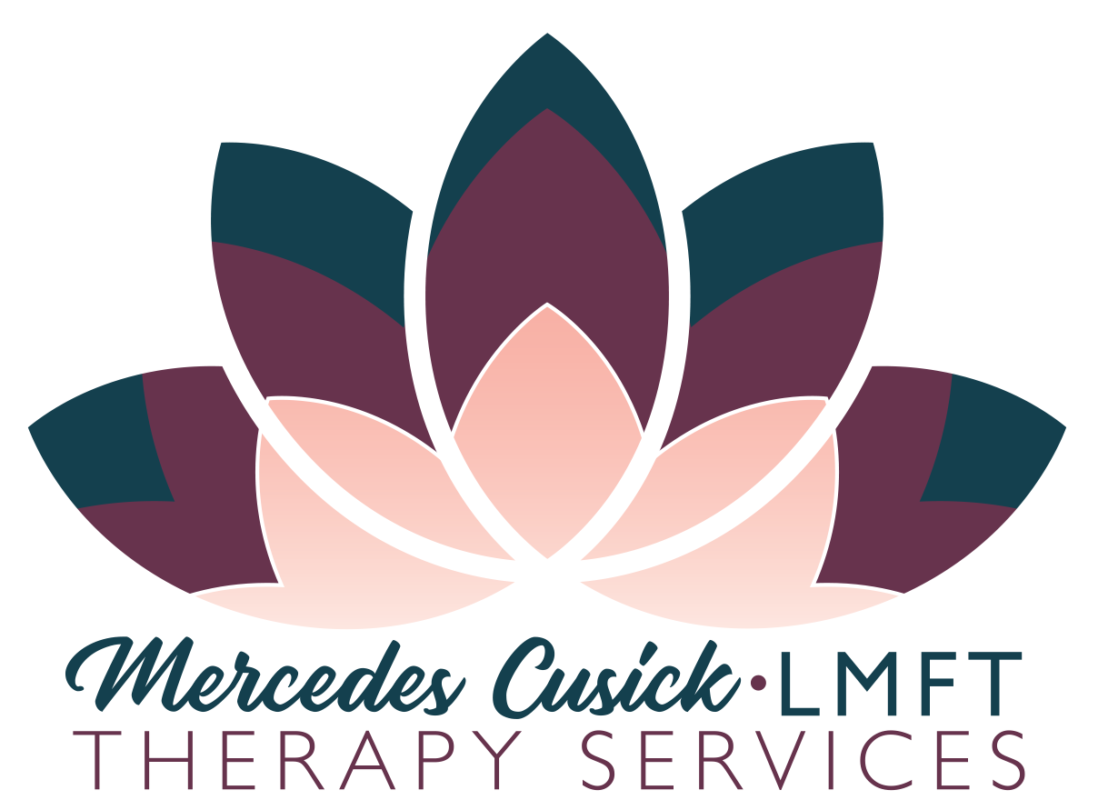Understanding PTSD: A Basic Overview
PTSD, or Post-Traumatic Stress Disorder, kicks in after you’ve been through a rough patch, something really scary or super stressful. It’s like your brain keeps hitting the replay button on the bad stuff, making you feel like you’re living it over and over again. This could be anything from a serious accident, fighting in a war, surviving a natural disaster, physical or sexual assault. When someone says they’ve got PTSD, they’re dealing with a bunch of tough symptoms. These include having nightmares or flashbacks about what happened, being on edge all the time, trouble sleeping, and feeling numb or like they’re cut off from people. It’s not just about feeling scared after watching a horror movie; it’s way deeper than that. And, it’s a real health issue that needs proper attention and care.
Identifying Complex Trauma: Causes, Symptoms, and Effects
Complex trauma happens when a person faces long-lasting or repeated traumatic events, often feeling trapped with no way out. It’s different from PTSD, which can result from a single traumatic event. Causes of complex trauma include ongoing abuse, living in a war-torn area, or being part of a community that faces systematic oppression. Symptoms are more layered than standard PTSD and include feeling constantly on edge, struggling with emotions, finding it hard to trust others, and even feeling disconnected from your own body. These signs make daily living tough, affecting relationships, work, and one’s sense of self. Over time, if not addressed, complex trauma can lead to severe mental health issues like depression, anxiety, and more intense forms of PTSD. Understanding the roots and impacts of complex trauma is the starting point for healing. In Sherman Oaks and beyond, recognizing these signs is crucial for finding the right support and treatment pathways.
The Link Between Complex Trauma and PTSD
Complex trauma happens from exposure to multiple traumatic events. It’s not a one-time thing but a series of ongoing or repeated harm, such as long-term abuse, neglect, or living in war zones. Now, here’s how it connects to PTSD, which stands for Post-Traumatic Stress Disorder. When folks go through severe, repeated trauma, their body and mind react strongly not just during the event but also long after. These reactions can evolve into PTSD. People with PTSD might have intense, disturbing thoughts and feelings related to their past traumas. They could relive the trauma through flashbacks or nightmares; they might feel sadness, fear, or anger; and they might feel detached or estranged from other people. Understanding this link is crucial because it guides the right treatment.
How PTSD Manifests Differently in Individuals
PTSD doesn’t look the same for everyone. Imagine two people going through a similar scary event. One might have nightmares and feel scared of places that remind them of that event. The other might get angry easily and avoid people. This is because everyone’s brain and emotions react differently to trauma. Some might have flashbacks, where they feel like they’re living through the scary moment again. Others might feel numb or as if they’re not really there. And it’s not just feelings – some people might jump at loud noises or have trouble sleeping. These differences mean that when looking for help, what works for one person might not work for another. It’s key to remember this: if someone’s way of handling PTSD seems odd to you, it’s just because their experience of PTSD is different.
Recognizing PTSD Symptoms: What to Look Out For
PTSD isn’t always shouting nightmares. Sometimes, it’s a quiet panic at a loud noise or feeling uneasy in a crowd. It sneaks up, sometimes years after the trauma. Look out for these signs: reliving the event when you don’t want to, nightmares, and flashbacks. Suddenly, you might find places or people that remind you of that time unbearable. Maybe you’re on edge, jumping at small noises, feeling like you’re always on lookout. Or perhaps it’s the opposite; you feel numb, detached from friends, family, hobbies. You’re not finding joy in what used to make you happy. Sleep’s a mess – too much or too little. Irritability is your new normal, and concentrating feels like herding cats. These symptoms are your mind and body saying, “Hey, we’re not okay.” Recognizing them is step one to getting the help you need. Remember, it’s not just you. PTSD can hit anyone. It doesn’t mean you’re weak. It means you’ve been through something tough, and now it’s time to tackle it head-on.
About the Author:
I am Mercedes Cusick, LMFT, a certified EMDR trauma therapist specializing in EMDR intensives. I am dedicated to addressing trauma-related challenges and improving mental health outcomes. My commitment to trauma therapy is driven by its significant therapeutic effects, particularly for individuals grappling with complex trauma, PTSD, toxic relationships, and narcissistic abuse.
Serving a diverse community with dedication and empathy, I am proud to support individuals in the Los Angeles area, specifically in Woodland Hills, Calabasas, Agoura, Hidden Hills, West Hills, Northridge, Winnetka, Tarzana, Studio City, Sherman Oaks, Malibu, and Beverly Hills. Together, we can journey toward healing and resilience.


